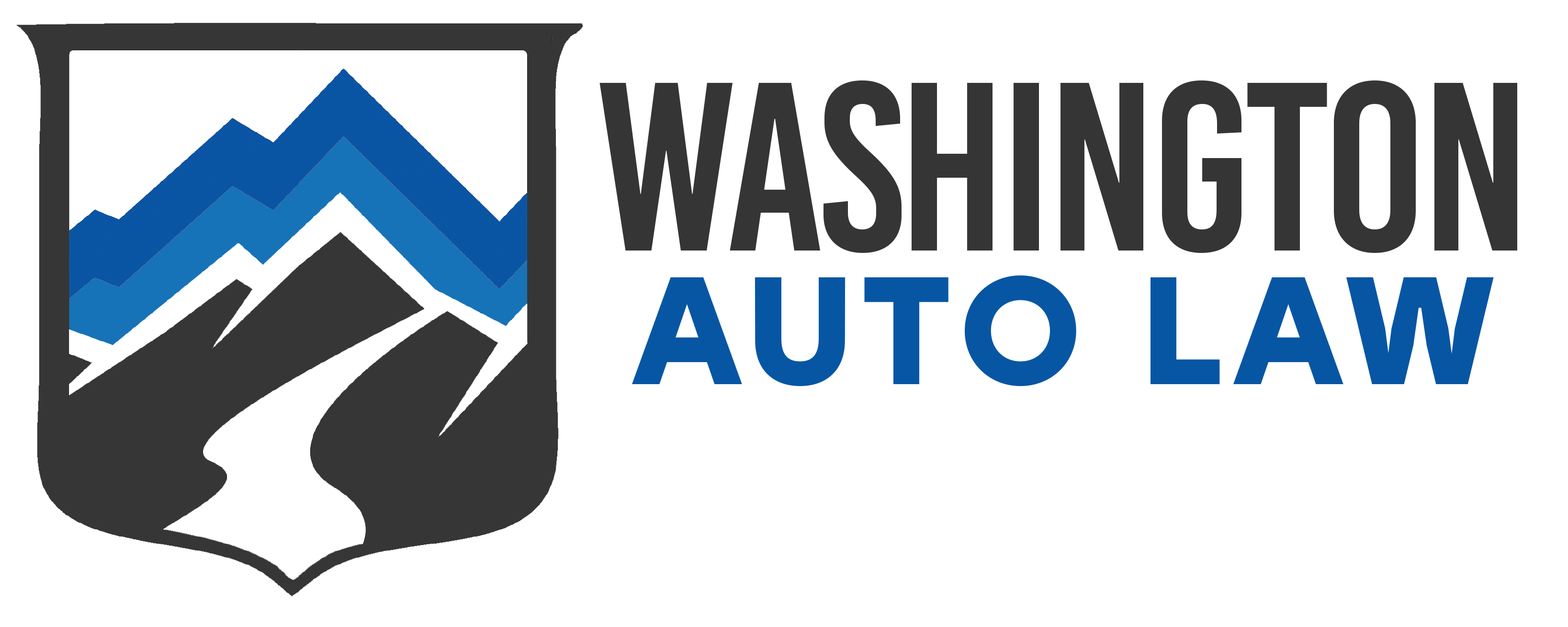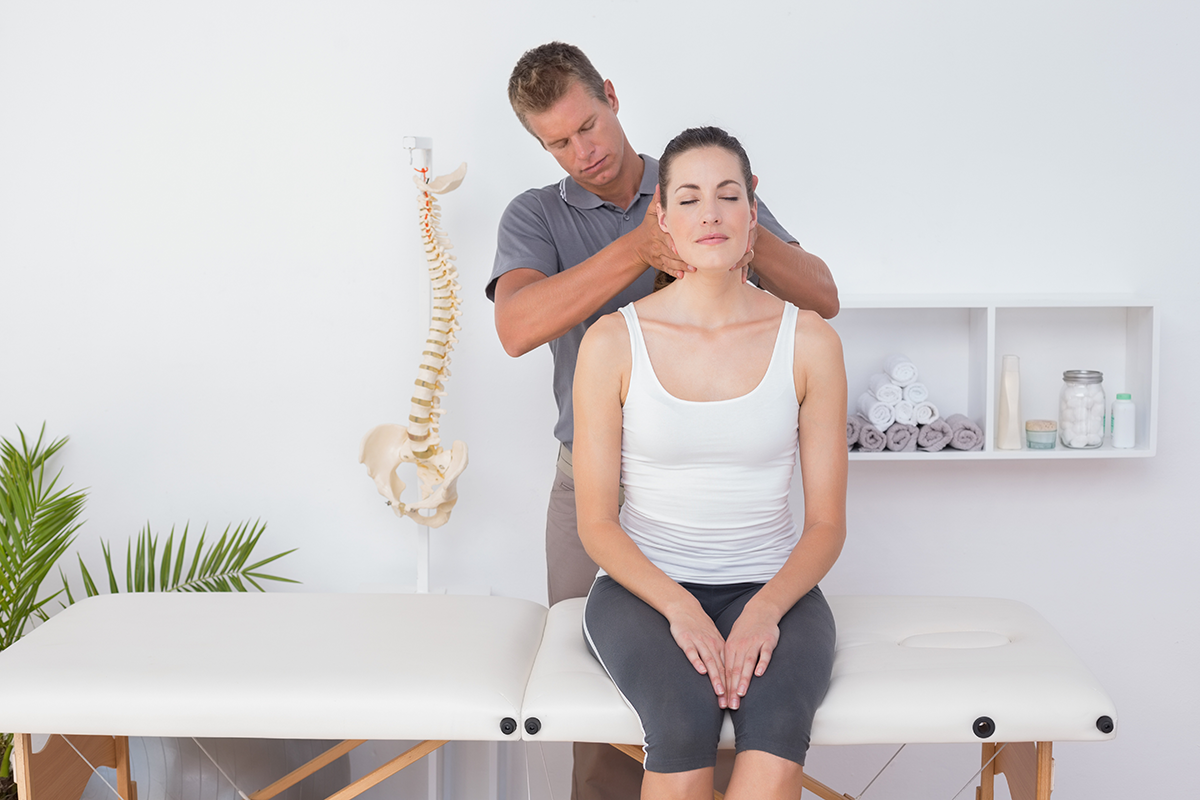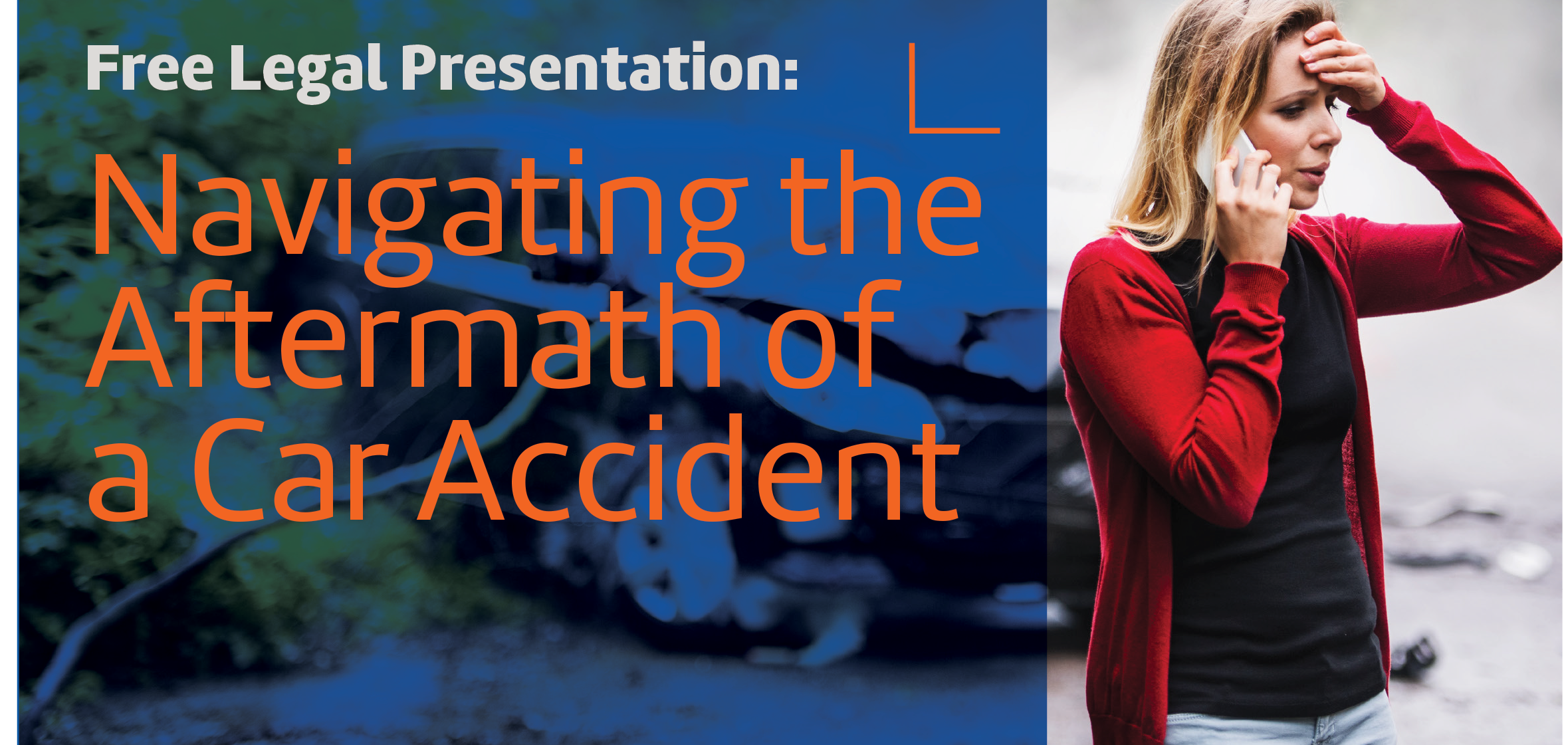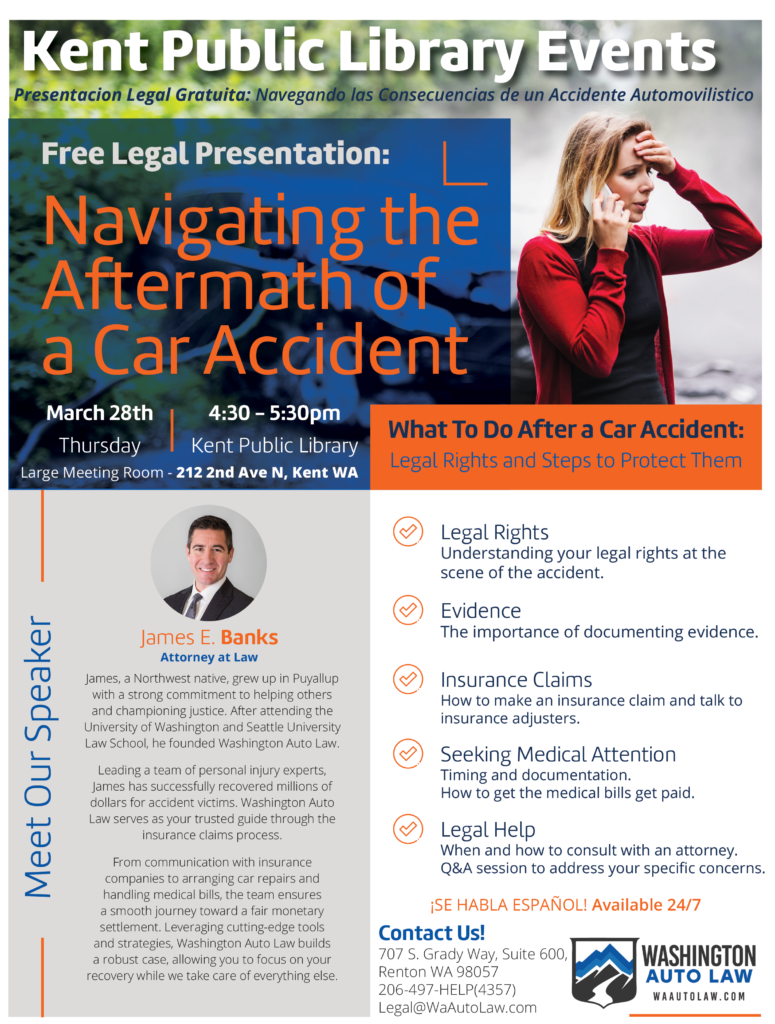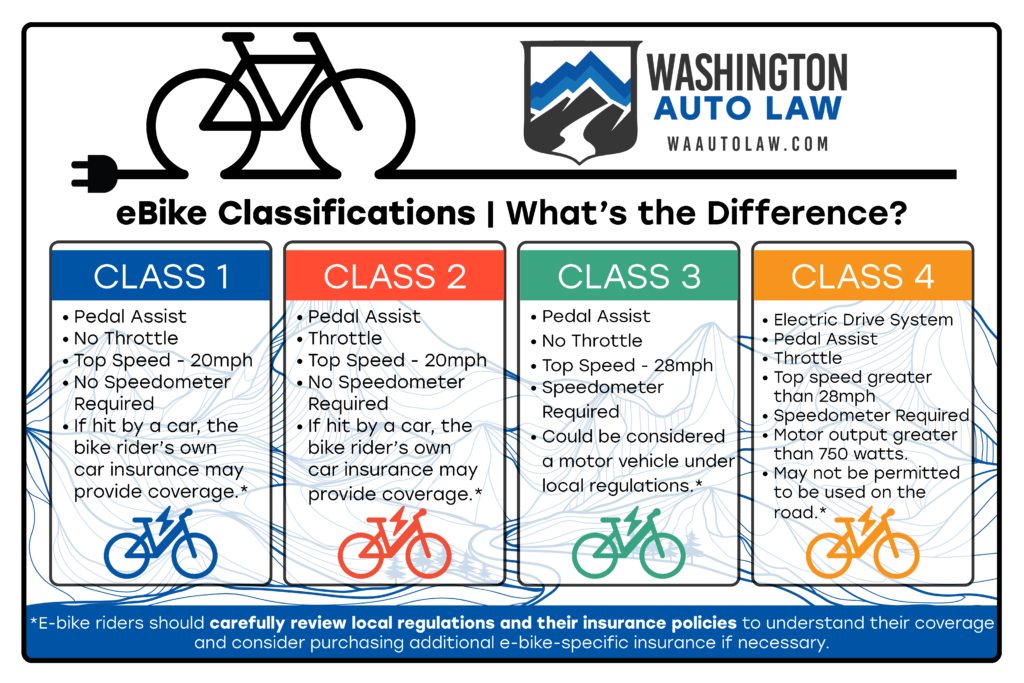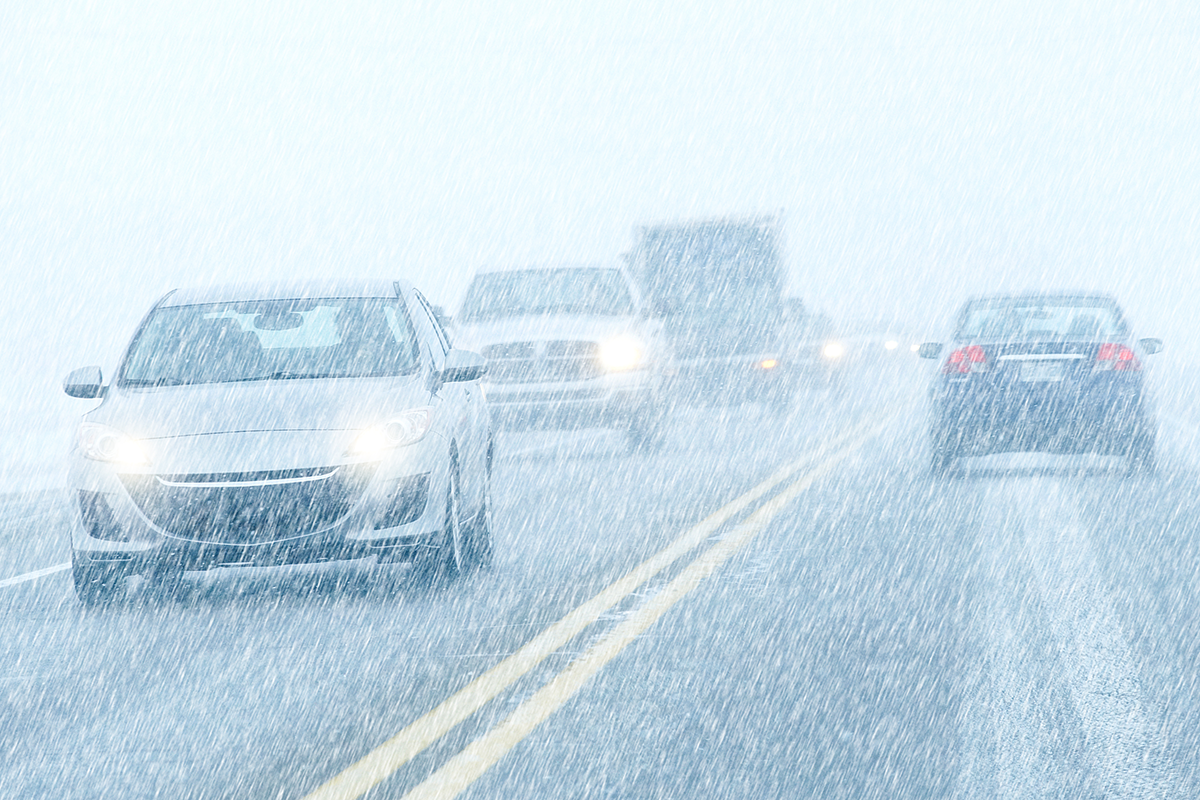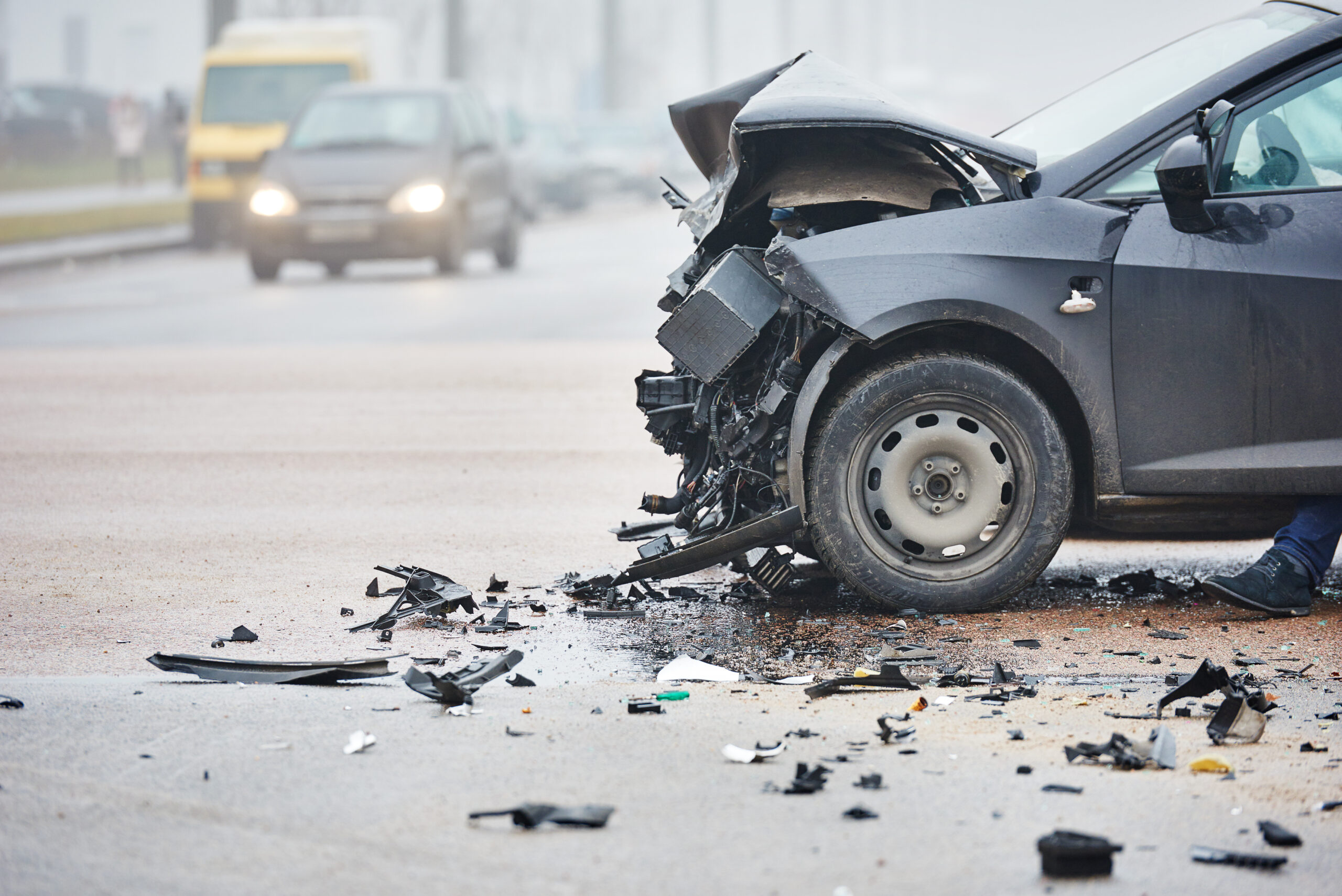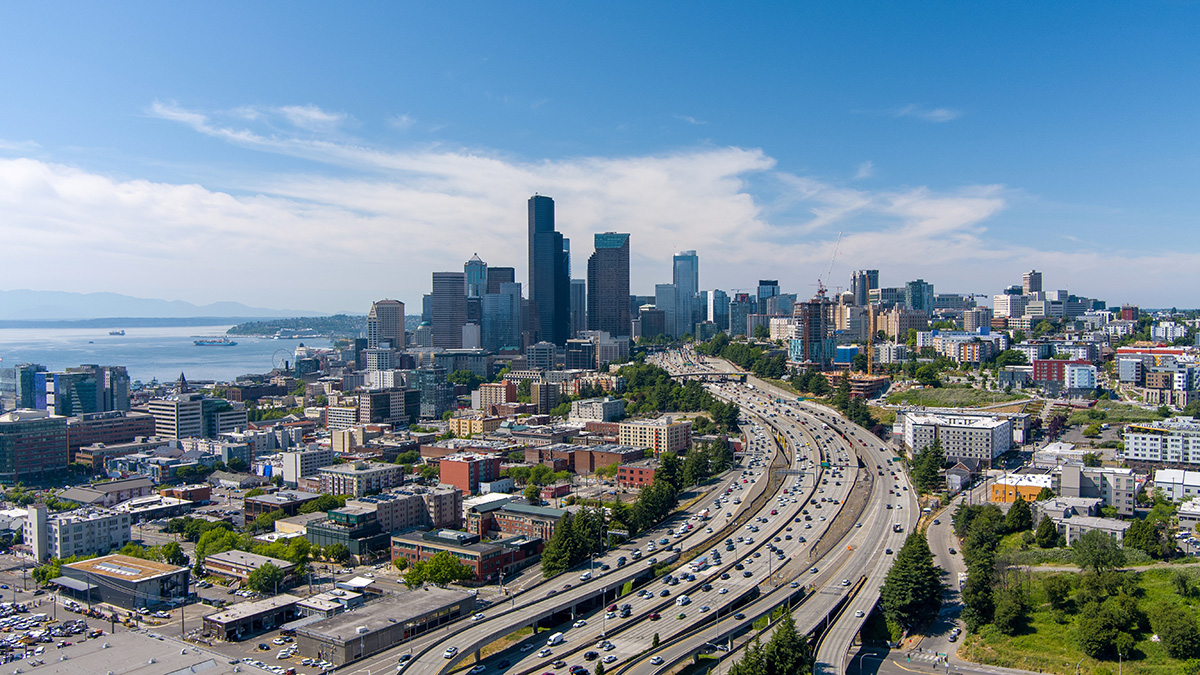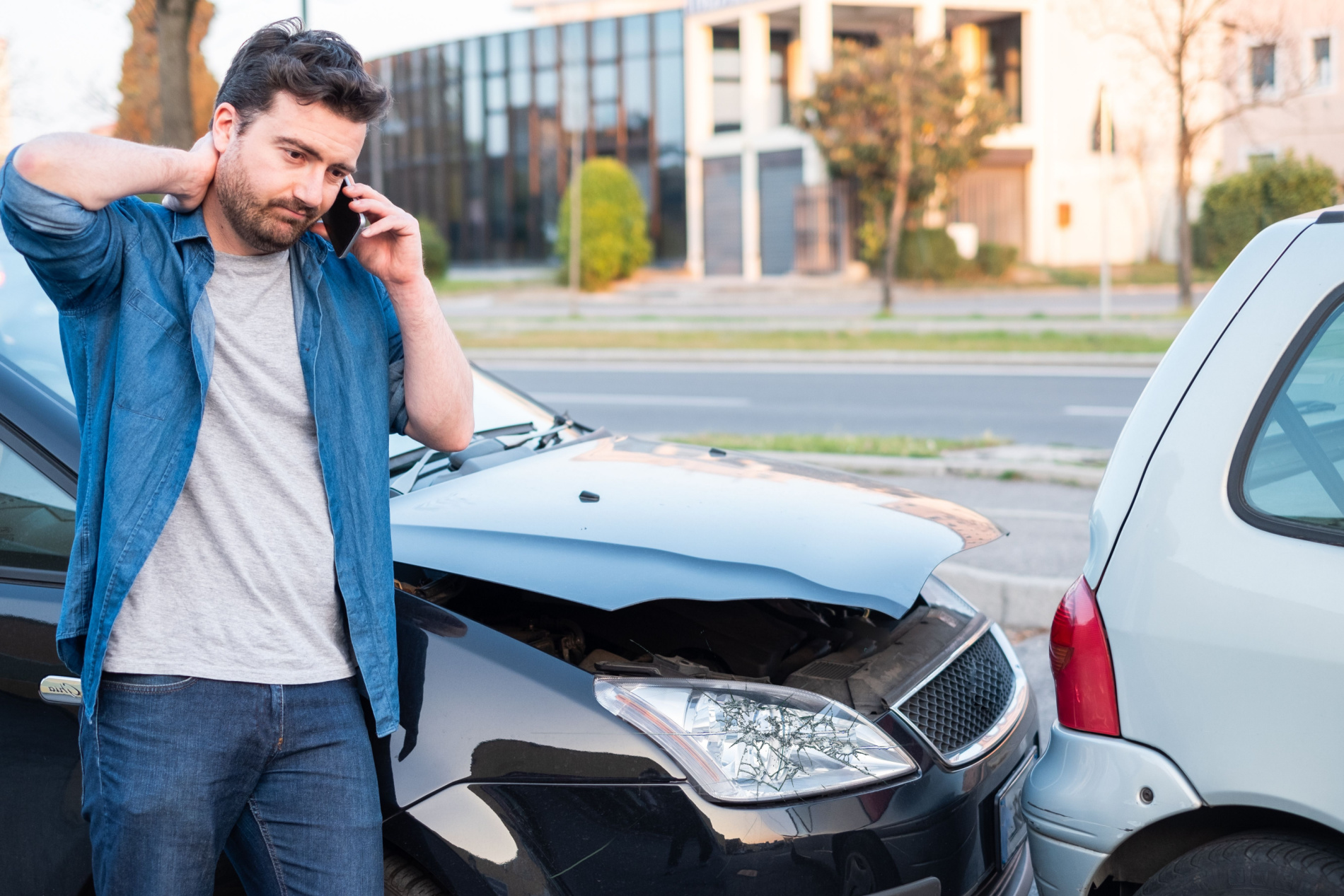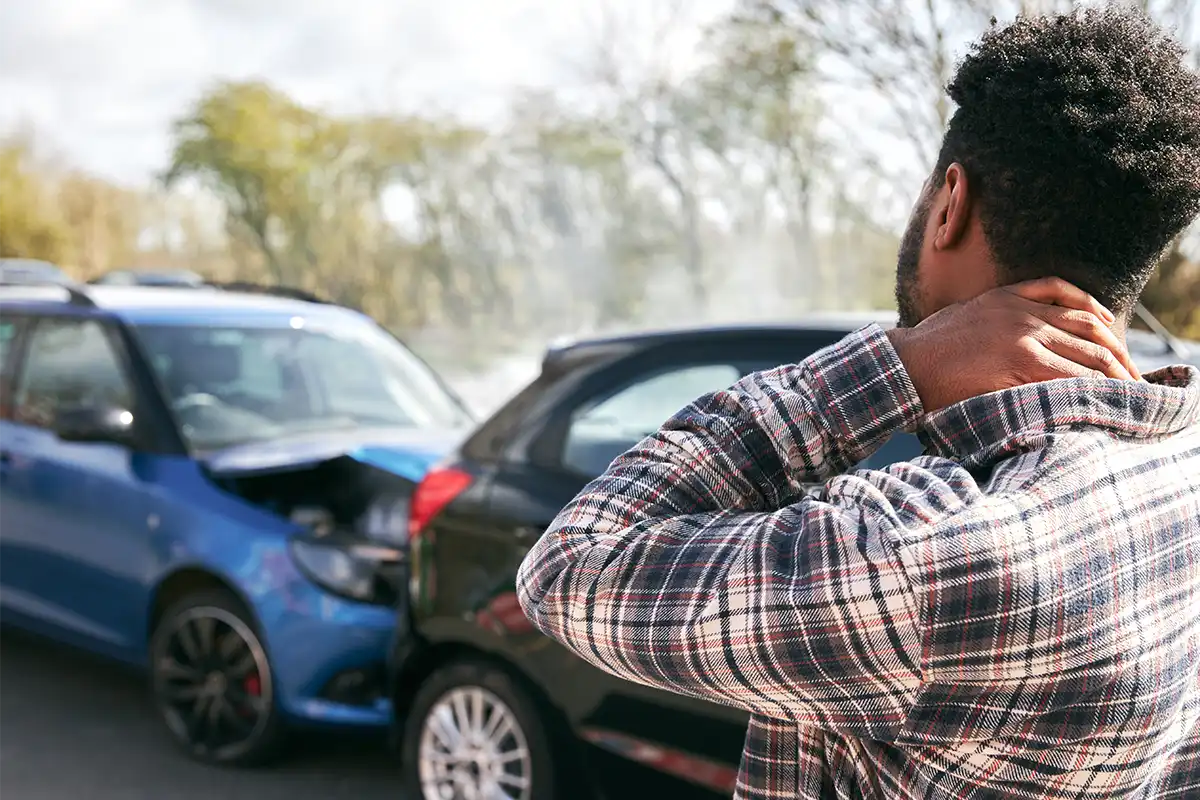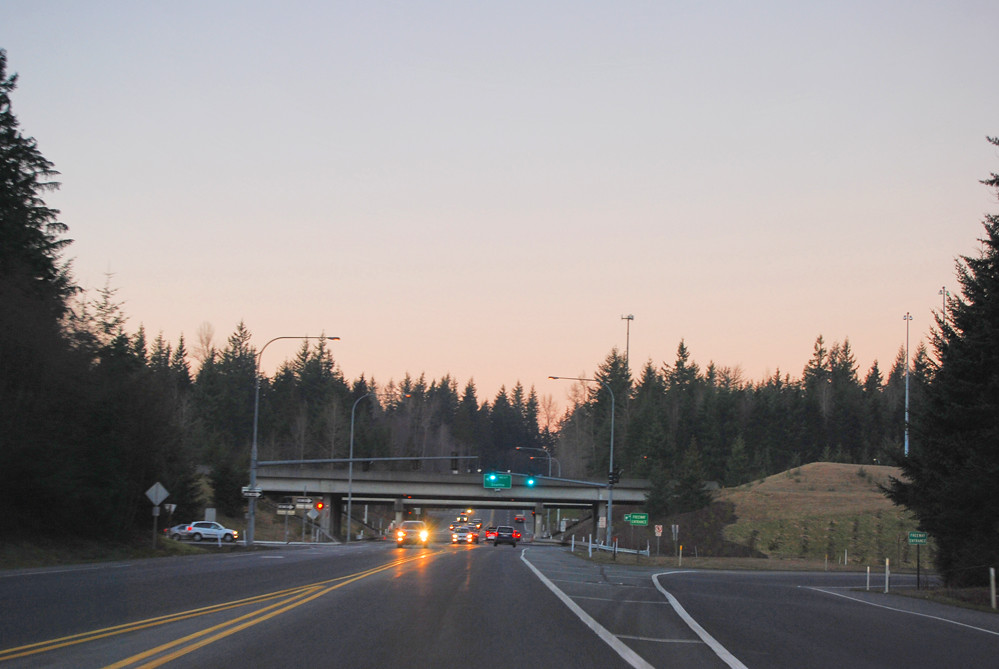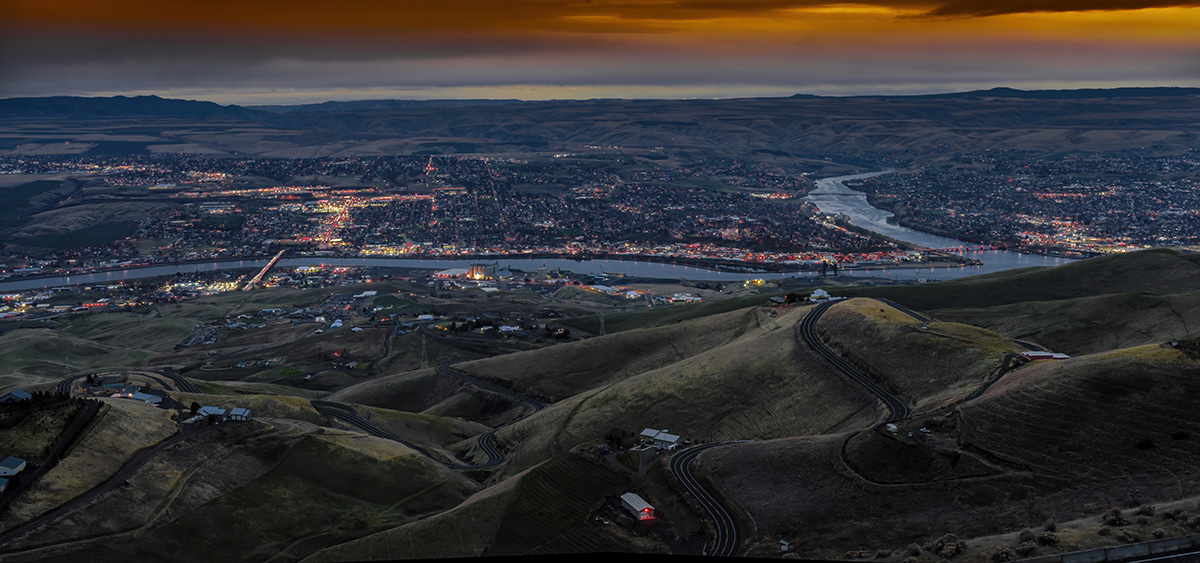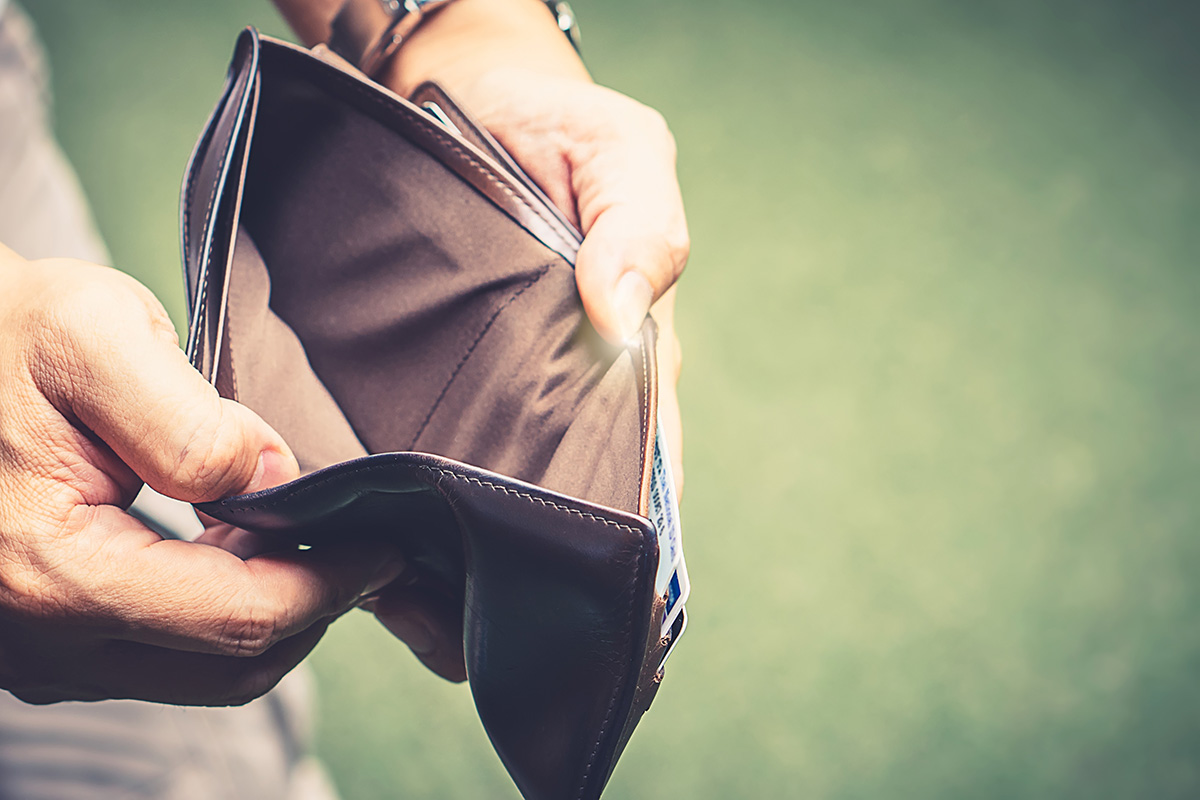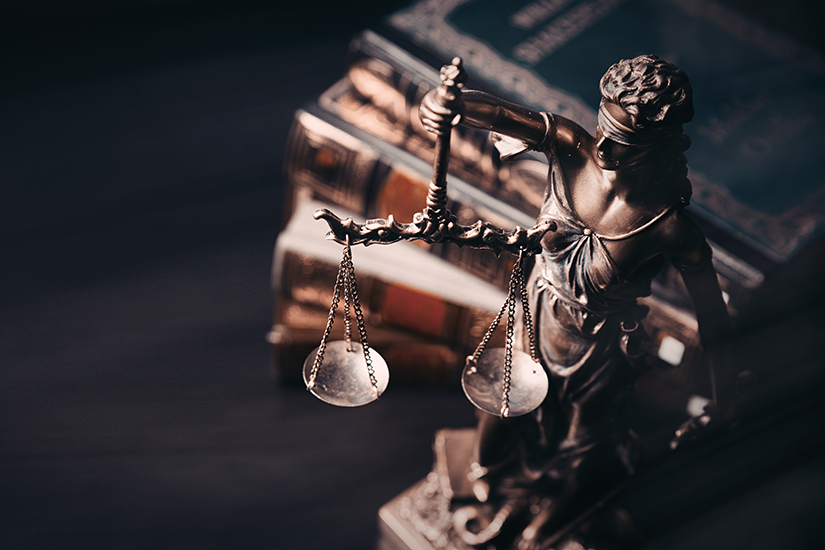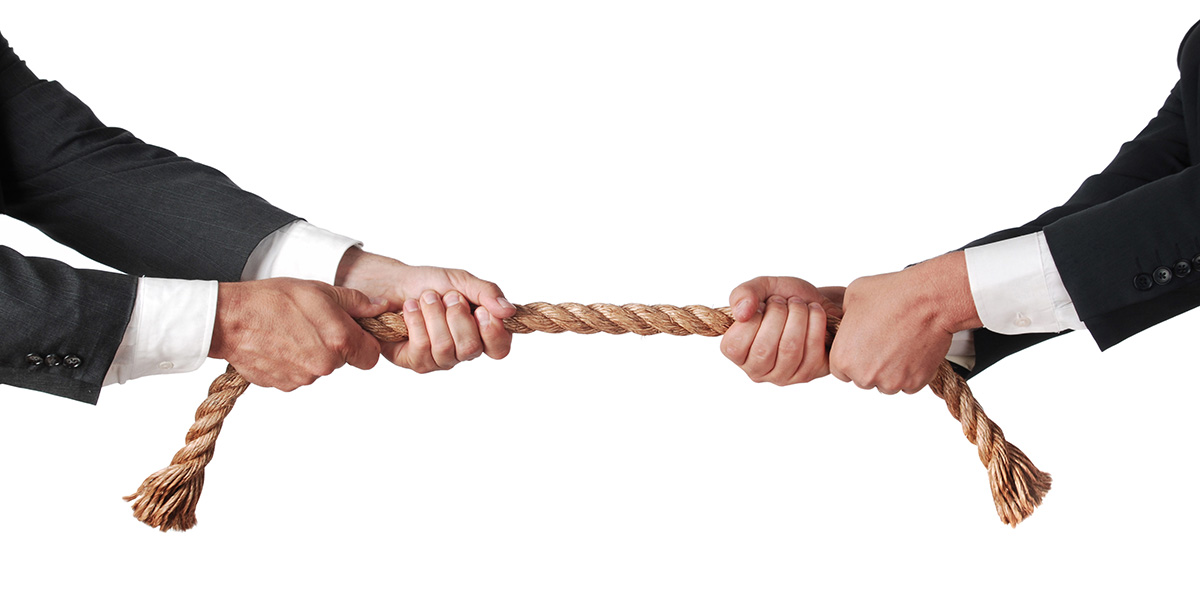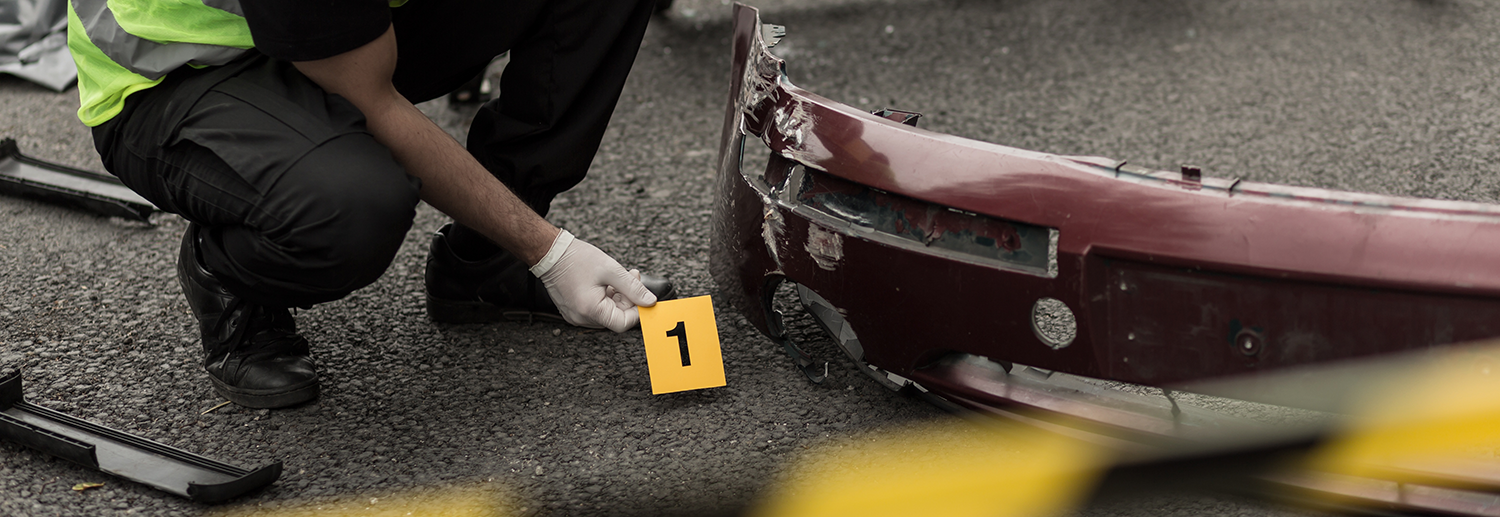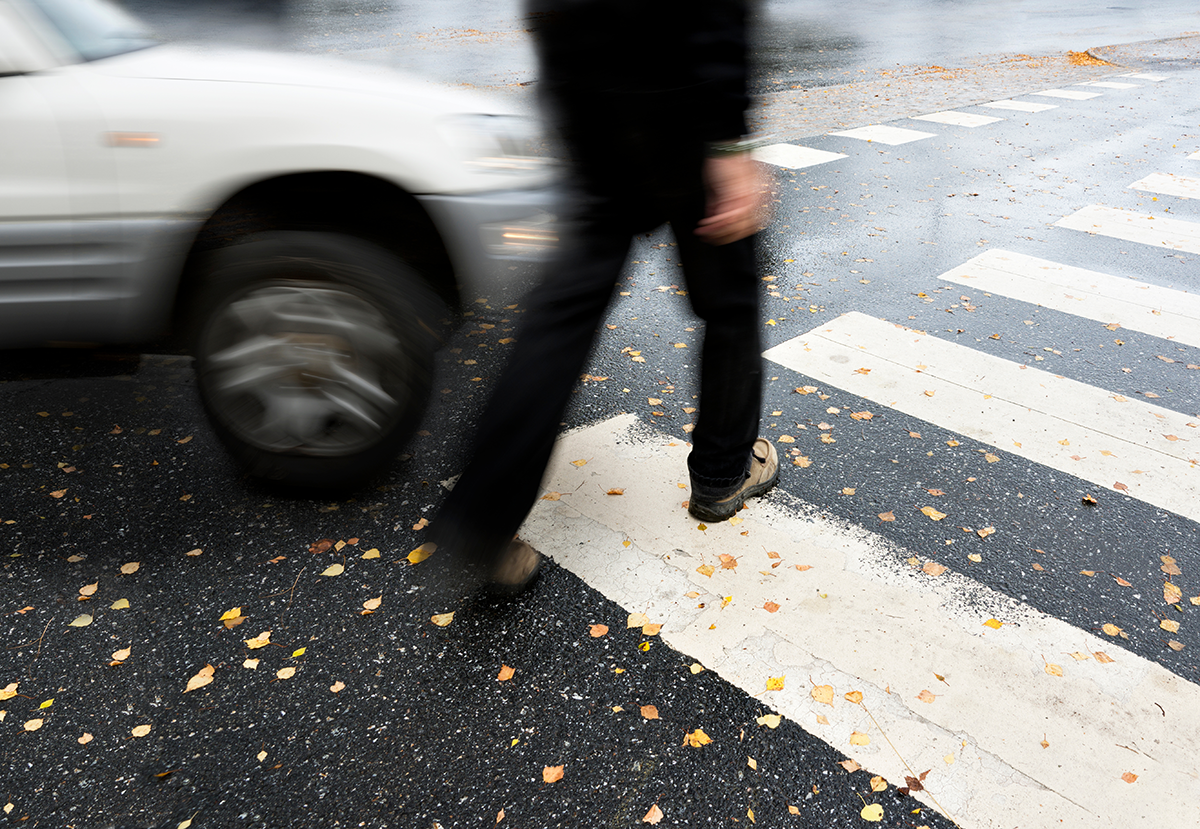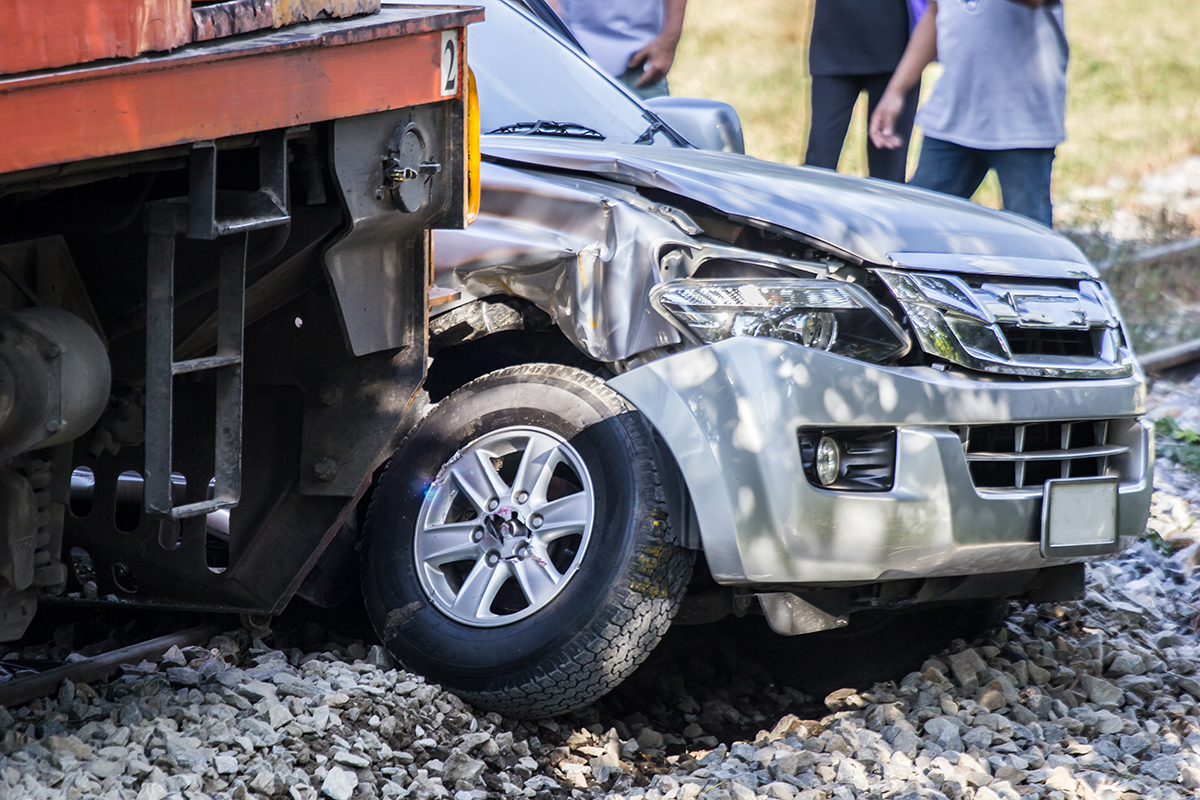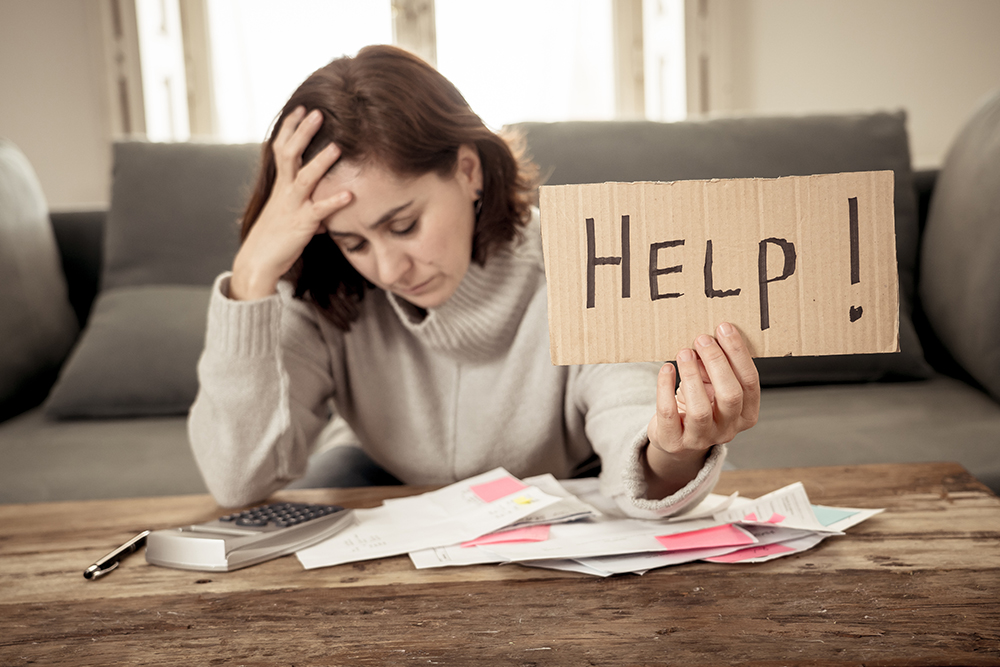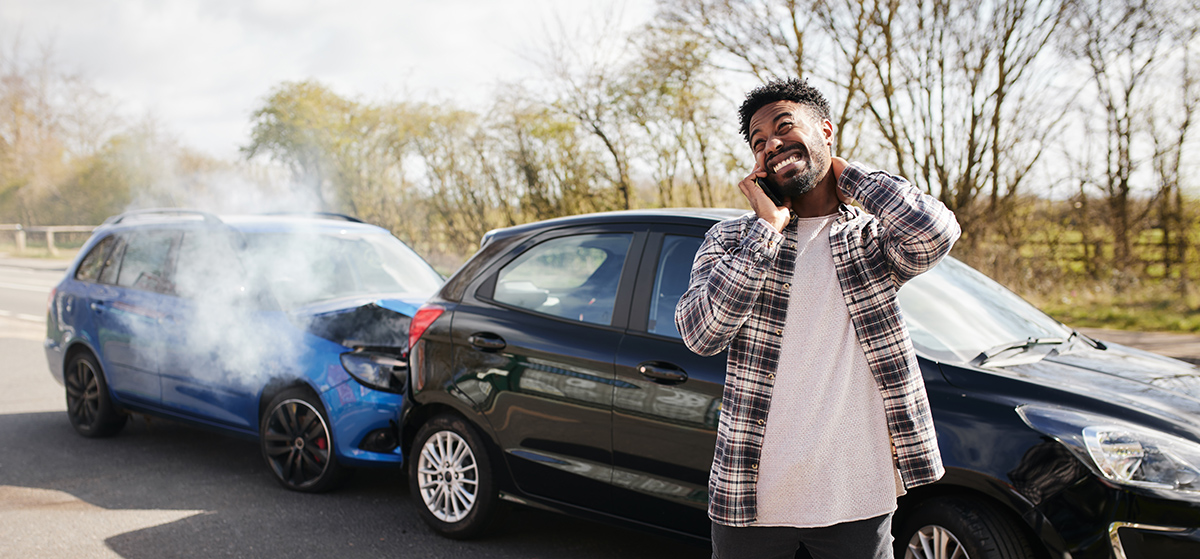What is a Gap in Treatment?
A Denied Claim Nightmare: Don’t Let This Be You
Picture this: You’ve just had a car accident. Your car is a mess, and your neck is aching. You do everything by the book—police report, check; insurance call, check; a quick trip to the ER, check. But weeks later, when you’re still nursing that stubborn whiplash, you receive a letter stamped with the dreaded words: “Claim Denied.” It turns out, the week you took off from doctor’s visits because you felt “kind of okay” has come back to haunt you like a bad horror movie plot twist. This isn’t just bad luck; it’s a common tale of gaps in treatment after a car accident leading to a financial headache no painkiller can fix.
Cracking The Code: What Are Gaps in Treatment?
Unraveling the Mystery of Treatment Gaps
When you’re trying to put your life back together after an accident, understanding the concept of treatment gaps is crucial. These gaps are the silent saboteurs of your claim, the empty spaces in your medical timeline that can speak volumes to those evaluating your case. Let’s break down what these gaps in treatment mean and why they’re significant:
- Inconsistent Medical Visits:
- Skipping appointments or delaying follow-up care.
- Not adhering to the prescribed therapy or rehabilitation schedule.
- Communication Breakdown:
- Failing to report new symptoms or changes in your condition to a healthcare provider.
- Not keeping your doctor informed if you’ve decided to switch treatments or seek a second opinion.
- Delayed Diagnosis:
- Waiting days or even weeks after an accident to seek initial medical attention.
- Ignoring minor symptoms that later escalate into serious conditions.
- Incomplete Medical Records:
- Not obtaining proper documentation for all treatments and visits.
- Missing records or notes from medical professionals regarding your progress or setbacks.
Perceived Recovery:
Misinterpreting a good day as a sign of complete recovery and prematurely ending treatment.
Self-discontinuing medications without a doctor’s approval due to feeling better.
To insurance adjusters, these gaps are more than just scheduling mishaps; they’re potential indicators that your injury may not be as severe or as long-lasting as stated. It’s not just the existence of these gaps that’s troubling—it’s what they imply. Insurance companies may suspect that:
- Your Injuries Are Overstated:
- If you’re not seeking consistent treatment, could it be that the injuries are not as debilitating as claimed?
- Recovery Has Occurred:
- A period without medical attention might suggest you’ve healed and no longer need medical intervention.
- Non-Compliance with Treatment:
- Choosing not to follow medical advice could be seen as a lack of commitment to your recovery.
- Secondary Motivations:
- Are the injuries being used as a leverage for compensation rather than a true health concern?
In the healing journey, consistency is indeed key. Each appointment, each test, each treatment builds upon the last to create a comprehensive story of your path to recovery. These gaps might be misinterpreted as signs that you’ve healed, even if you haven’t, or they could suggest that the injuries were not as impactful as initially presented. To strengthen your claim and ensure that your health narrative is accurately portrayed, it’s imperative to maintain a steady and well-documented treatment regimen.
Riding the Emotional Rollercoaster Post-Accident
Navigating the Twists and Turns of Post-Accident Emotions
An accident doesn’t just leave physical marks; it can send you on a relentless emotional rollercoaster, full of unexpected highs and lows. Your feelings in the aftermath are as jumbled as the wreckage left behind. Here’s a closer look at the emotional turbulence that can follow an accident and why it’s essential to acknowledge and address these feelings:
- Initial Shock:
- A surge of adrenaline and disbelief, making it hard to process what happened.
- Numbness or a sense of detachment from the event, as if it were happening to someone else.
- Relief and Gratitude:
- Thankfulness that the outcome wasn’t more severe.
- A newfound appreciation for life and the well-being of yourself and others involved.
- Anxiety and Fear:
- Concerns about your safety and reluctance to get back behind the wheel.
- Worry about the potential long-term impact of the accident on your health and daily life.
- Anger and Frustration:
- Frustration with the circumstances that led to the accident or the other parties involved.
- Anger towards yourself for being in the situation, even if it wasn’t your fault.
- Sadness and Grief:
- Mourning the loss of your sense of security or the physical condition you had before the accident.
- Grief over any life changes or opportunities missed due to recovery time.
- Financial Stress:
- Concern over mounting medical bills, repair costs, and potential loss of income.
- The burden of navigating insurance claims and fearing inadequate compensation.
- Doubt and Second-Guessing:
- Questioning your actions before, during, and after the accident.
- Hesitation about the next steps, including whether to seek legal advice.
- Loneliness and Isolation:
- Feeling that others can’t truly understand what you’re going through.
- The sense that your experience has distanced you from friends, family, or colleagues.
Each of these emotions is a natural response to the trauma of an accident. You might find yourself oscillating between feeling fortunate that things were not worse, to being swamped by the physical pain and the daunting realities of financial strain. It’s not uncommon to question your choices, including the need for legal support, as you attempt to regain control over your disrupted life.
Remember, it’s okay to admit that this ride is too overwhelming to handle alone. Seeking support—whether from loved ones, mental health professionals, support groups, or legal experts—is not a sign of weakness; it’s a proactive step towards healing. You’re entitled to both physical and emotional recovery, and sometimes, having a steady hand to guide you through the legal complexities can also offer emotional respite. Don’t hesitate to reach out; getting help can provide the stability you need to step off the emotional merry-go-round and start moving forward.
Remember, your medical records are not just files in a cabinet; they are the chapters of your story after an accident. They must be complete, consistent, and accurate to reflect the true extent of your injuries and the ongoing efforts you’re making to heal. By avoiding gaps in treatment, you’re not only aiding your physical recovery but also fortifying the validity of your insurance claim.
Facing Down Your Fears: Why Legal Help Seems Scary
Conquering the Common Fears of Seeking Legal Aid
For many, the prospect of seeking legal assistance after an accident or injury is fraught with trepidation. The legal world can seem intimidating, filled with its own language and rules—akin to venturing into uncharted territory without a map. Below, we explore these fears and offer reassurances to help ease the journey:
- Fear of Complexity:
- Concern that legal processes are too intricate and confusing.
- Worry about being overwhelmed by the legal system’s demands and procedures.
- Fear of Cost:
- The assumption that all legal advice comes with a hefty price tag.
- Anxiety over the possibility of paying for legal services without a guarantee of success.
- Fear of the Unknown:
- Uncertainty about what to expect when working with an attorney.
- Apprehension about the potential outcomes and length of legal proceedings.
- Fear of Judgment:
- Feeling judged for seeking financial compensation through legal means.
- Concern about being perceived as litigious or opportunistic.
- Fear of Confrontation:
- Dread of facing the responsible party or their insurance company in a legal setting.
- Nervousness about the potential for a contentious or adversarial process.
- Fear of Time Commitment:
- Worry that the case will drag on, consuming precious time and energy.
- Stress over the balance between personal life, work, and legal obligations.
- Fear of Losing Control:
- Feeling that engaging an attorney might mean losing personal control over the situation.
- Concern about being left out of important decisions regarding the case.
- Fear of Exposure:
- Anxiety about personal information becoming public during a legal dispute.
- Fear of reliving the traumatic event through detailed discussions and testimonies.
It’s essential to debunk some of the myths that fuel these fears. For one, Washington Auto Law personal injury attorneys work on a contingency fee basis. This means:
- No Win, No Fee:
- You don’t pay unless your lawyer secures a settlement or court victory on your behalf.
- The attorney’s fees are a percentage of the compensation, making costs predictable.
- Paperwork and Procedures:
- Washington Auto Law Lawyers are trained to handle paperwork and navigate the legal process efficiently.
- They aim to minimize your stress by taking on the complex tasks and breaking them down for you.
- Leveling the Playing Field:
- Washington Auto Law Lawyers are seasoned in going toe-to-toe with big insurance companies.
- They advocate for your rights, using their expertise to counteract insurance tactics.
- Guidance and Clarity:
- Washington Auto Law Lawyers explain the process in understandable terms.
- They keep you informed and involved in decisions, ensuring you maintain a sense of control.
- Time and Resource Management:
- Washington Auto Law Lawyers strive to resolve cases efficiently to avoid unnecessary delays.
- They manage the legal burden, allowing you to focus on recovery and personal commitments.
The truth is, personal injury attorneys are not there to complicate your life; they’re there to simplify it. Washington Auto Law serve as your guide through the legal maze, dedicated to securing the best possible outcome for your case. In facing these common fears head-on, it becomes clear that legal assistance is not an adversary but an invaluable ally in your time of need.
What You Really Want: Health and Financial Recovery
Aligning Your Recovery Goals with the Right Support
Recovering from a car accident involves a complex interplay of healing your body and mending your finances. It’s a dual-path journey where both aspects are equally important and deeply interconnected. To navigate this path, you need an advocate who grasps the full spectrum of your needs and is committed to your holistic recovery. Here’s how Washington Auto Law will support your objectives:
- Understanding Your Health Recovery Needs:
- Recognizing the physical trauma and the necessity for proper medical treatment.
- Ensuring that you have access to the best medical care without upfront costs.
- Advocating for comprehensive rehabilitation services to aid in your physical recovery.
- Addressing emotional and psychological support for trauma resulting from the accident.
- Supporting Your Financial Recovery Process:
- Assessing the full extent of your financial losses, including current and future medical expenses.
- Calculating lost wages, reduced earning capacity, and the financial impact of long-term care needs.
- Pursuing compensation for property damage and other out-of-pocket expenses.
- Fighting for fair settlement offers that reflect the impact of the accident on your quality of life.
- Streamlining Your Recovery Journey:
- Coordinating between different parties involved, including medical professionals and insurance companies.
- Simplifying the legal jargon and processes to keep you informed and empowered.
- Taking on the burden of legal negotiations, allowing you to focus solely on healing.
- Tailoring the Legal Strategy to Your Goals:
- Creating a custom legal plan that reflects your specific recovery targets and personal circumstances.
- Considering both short-term relief and long-term stability in strategy development.
- Being flexible and adaptive to changes in your recovery and adjusting the approach as necessary.
- Prioritizing Your Peace of Mind:
- Offering moral support and reassurance throughout the legal process.
- Establishing open communication to ensure your concerns and questions are addressed promptly.
- Protecting your rights and interests with a fierce commitment to justice.
- Ensuring Your Voice is Heard:
- Representing your story accurately and passionately in negotiations and, if necessary, in court.
- Keeping you at the heart of the case, making sure the focus remains on your well-being.
- Anticipating Challenges and Preparing for Them:
- Identifying potential obstacles in your recovery path and proactively addressing them.
- Leveraging extensive legal expertise to foresee and mitigate challenges before they arise.
- Building a Comprehensive Case:
- Gathering evidence, expert testimony, and documentation that substantiates your claim.
- Compiling a compelling case that clearly demonstrates the extent of your suffering and need for recompense.
The right legal partner doesn’t just accompany you on your journey—they pave the way for a smoother ride. They align their battle strategy with your recovery goals, ensuring that every step taken is a step toward regaining your health and securing your financial future. They understand the gravity of what you’ve been through and the importance of what you want to achieve: a return to normalcy, stability, and the comfort of knowing you’re not alone in this fight. With a dedicated legal ally, your mission to get better—both physically and financially—is not just a hope, it’s a plan in action.
Your Next Steps to Claim Recovery
You’ve been through enough—you deserve to have your claim treated fairly without the added stress of legal loopholes and insurance jargon. Take the power back by enlisting a free consultation with someone who truly gets it: Washington Auto Law
Make the Call: Your Free Consultation Awaits
Don’t let a gap in treatment leave a gap in your wallet. If this post resonated with you, if you felt a nodding familiarity with the struggle and frustration, then know this: help is just a conversation away. Schedule your free consultation with an attorney at Washington Auto Law who will listen, understand, and guide you towards the compensation you rightly deserve. This call isn’t just about legal advice—it’s the first step to peace of mind. Let’s bridge those gaps together. Schedule Your Free Consultation Now.
Remember, in the journey to recovery, you’re the driver; an attorney is just the GPS to get you to your destination efficiently and safely. Reach out today, and let’s get you back on the road to health and financial recovery.
